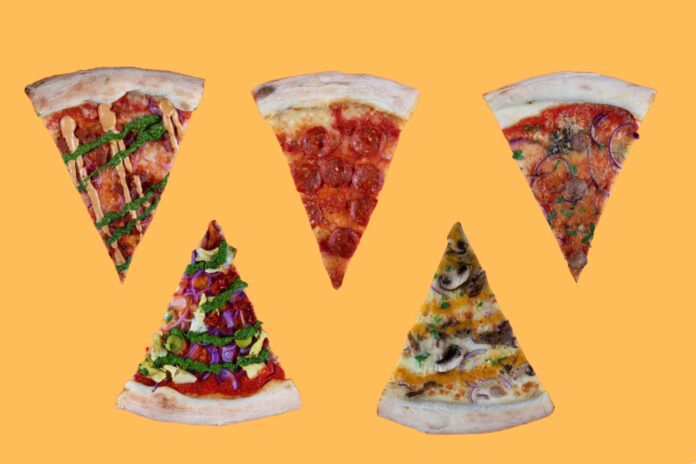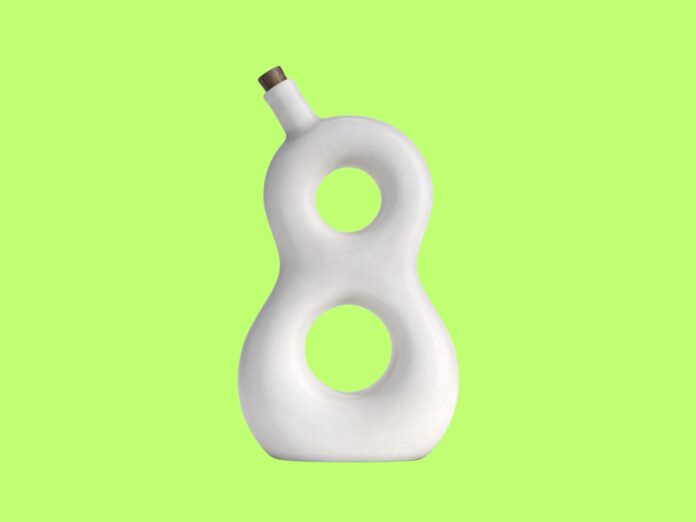Last year a study by New Zealand Cider brand Old Mout revealed that 80% of Brits would like to take more action in their daily lives to tackle the caterstrophic effects of climate change worldwide.
Old Mout Cider has teamed up with conservationist Michaela Strachan as part of its partnership with the world’s leading independent conservation organisation, WWF, to suggest simple changes everyone can make which would have a beneficial impact on the planet, particularly for ecosystems and biodiversity.
So, with the help of WWF’s Head of Climate Change, Gareth Redmond-King, and Michaela Strachan, here are 7 IDEAL climate conscious choices we should all be making.
KEEP YOUR GARDEN WILD
One of the easiest ways for people to help the environment at home and reduce pollution on an individual level is by turning their gardens green, or rather, greener. While you may think that your garden isn’t big enough to make any discernible difference, you’re wrong. Whatever its size, your garden has the potential to help the environment.
The more greenery you have in your garden, the better things are for local wildlife. All that flora, fauna and foliage can be a source of food and shelter to all types of animals, helping to protect and nurture them. So, give nature a helping hand; pot and plant as many flowers, shrubs and trees as your garden can take. And to get more specific, try to plant native flowers for pollinators to help the long suffering local bee population. Check out our article on the 8 IDEAL plants that will make your garden more bee friendly for more.
STOP WASHING YOUR JEANS (AND CLOTHES)
According to fashion mogul and animal right’s activist Stella McCartney, we should avoid using our washing machines whenever possible. Indeed, she advocates that jeans should only be washed every three months; perhaps that song about wearing the same jeans for four days straight didn’t go far enough!
This is because every time we wash our clothes, millions of plastic microfibres are released into the environment via our drains, and the more we wash our clothes, the more those microfibres are released. So, as she says, simply “let the dirt dry and brush it off”. If you’ve properly soiled yourself and a brush won’t do, use an organic, non-harmful washing powder and put it on a cool, short wash.
USE GREEN SEARCH ENGINES
If you’re not using a green search engine like Ecosia, then you should be. We all know the crazy amount of profit search engines make (whatever happened to Ask Jeeves, though?) but Ecosia uses theirs to take the fight to global warming. Indeed, the company uses the ad revenue from your searches to plant trees. Moreover, it donates 80% or more of its profits to nonprofit organizations that focus on reforestation. An added bonus; the company actually takes your privacy seriously; searches are encrypted, not stored permanently, and data is not sold to third-party advertisers.
REDUCE YOUR EVERYDAY PLASTIC USE
Hey, to save us all a little time, we’ve written a whole article on how to do just that over here, in our 5 IDEAL ways to reduce your everyday plastic use article. Sorry for repeating ourselves, but it’s kinda important.
GROUND THOSE FLIGHTS
Nope, we don’t mean you should occupy a runway (although that certainly isn’t a bad shout, either). Instead, we’re talking about flying less. Studies have suggested that taking just one long haul flight produces more CO2 than the average person does, in some countries, in a whole year. Shocking. It sounds so simple, and it should be, fly less; much less, and only out of necessity. Though it might be a terrifying prospect, to lessen your carbon footprint, it’s time to spend more time on terra firma.
That doesn’t mean holidays are a thing of the past. If you’re travelling within Europe, use trains where possible. Compared to cars and aeroplanes, trains emit between 66 and 75 percent less carbon. The CO2 emission on an average Eurail trip is about 3 times less per person than travelling the same route by car – and 4 times less than travelling by plane. If you’re going across seas or have to fly, offset your carbon footprint through charities such as The World Land’s Trust.
GREEN GIFTING
Make an effort to de-clutter your life and not add to the demand for new stuff by gifting green. Buy someone a tree through a charity, or adopt an animal. Conservationist Michaela says: “For my 50th a few years ago, I got everyone to buy a tree through a charity… and my son Ollie gets a different adopted wild animal every year for Christmas.” It’s these small touches which, in the end, could make a huge difference.
KNOWLEDGE IS POWER
Educating yourself might be one of the best things you can do in the fight against the huge corporations causing the vast majority of the damage to our planet. Watch documentaries, read up on studies and advice (like this) and talk to friends and family on what actions they take. As a collective unit, we can all make better choices by learning.
With that in mind, ‘How To Give Up Plastic: Simple Steps to Living Consciously on our Blue Planet’ is well worth a read. Written by Will McCallum, Head of Oceans Greenpeace, this British book is at the forefront of the anti-plastic movement and offers tips on all those tiny, daily changes you can make to your routine which make a huge difference to your environmental impact. This is one which, once you’ve read, you should definitely pass along to a friend.









